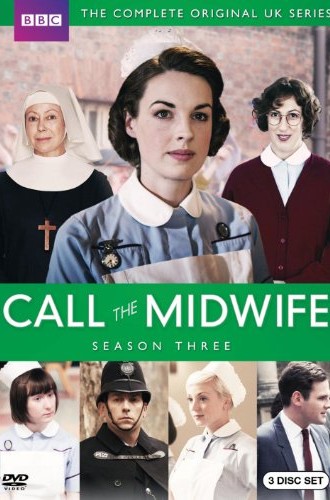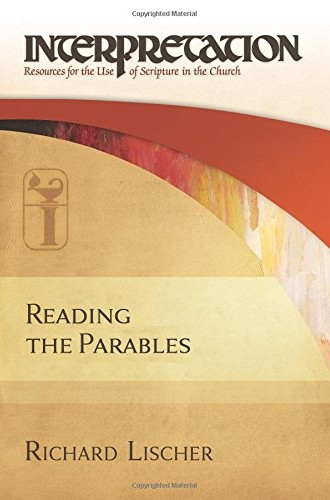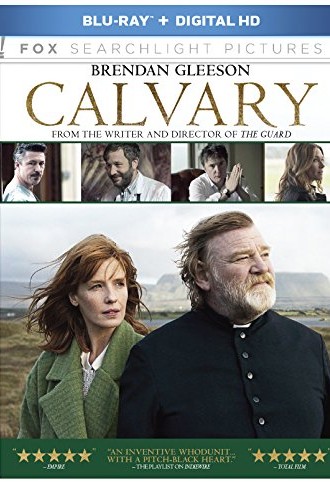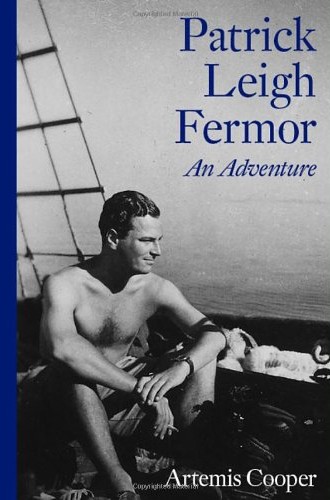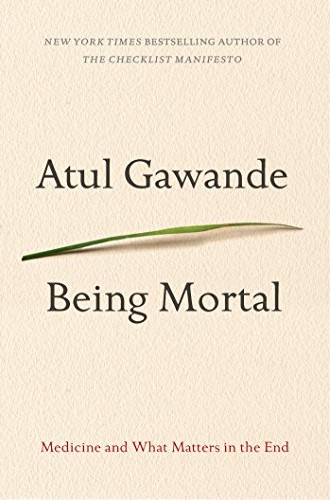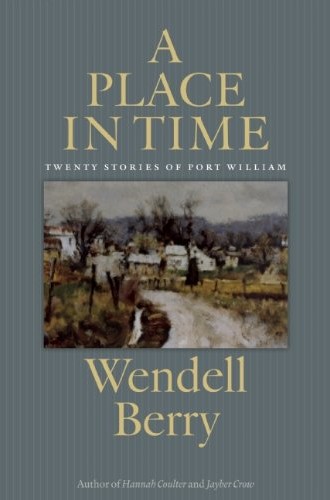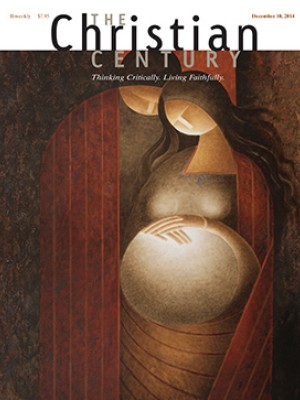David Heim's Christmas list
To give
I’m a huge fan of Call the Midwife, the British series based on the memoirs of Jennifer Worth, a young nurse in the 1950s who served in a midwife program that operated out of an Anglican convent in the East End of London. Each episode follows a crisis pregnancy and reveals social and family issues along the way. In a deft, understated way, using very little Christian language, the show pulls the viewer into a world in which the moral heart of a neighborhood is a dedicated Christian community and the heart of that community is service, rooted in prayer. This series shows that goodness is plausible, earthy, and appealing.
Jesus’ parables are profoundly elusive. Even the most straightforward of the stories contains a disturbing surplus of meaning. Richard Lischer’s Reading the Parables displays the wisdom and imagination of an honest preacher. He neatly summarizes the major scholarly approaches but is always alert to what escapes analysis or typology. Parables, he reminds us, were first of all verbal performances, and their meaning “arises from the performance.” Jesus’ fondness for them “suggests a method of approaching or experiencing the truth.”
Read our latest issue or browse back issues.
In the film Calvary, Irish director John Michael McDonagh has created one of the most satisfying film portrayals of Christian ministry I’ve seen in a long time. Father James is a priest in a town where people think the church is corrupt, Christianity absurd, and priests fools if not child abusers. They enjoy scoffing at him, but he remains fearless and sarcastic, defending the innocent, consoling the afflicted, and speaking the truth. He is an outpost of faith in a world that has rejected the truth. But the movie doesn’t enforce this insight. One is left to judge for oneself whether Father James is throwing his life away or losing it in order to find it.
To receive
I’d love to get a copy of a new biography, Patrick Leigh Fermor: An Adventure, by Artemis Cooper. Fermor, who died in 2011, is a figure sprung from a novel: he was a self-taught scholar (of art and architecture, languages, and religion), a raconteur, a soldier, and a secret agent. He was above all a writer—often called the best travel writer of the age.
The nation’s best writer on health care, Atul Gawande, has turned his attention to medical practice at the end of life in Being Mortal: Medicine and What Matters in the End. Gawande, a surgeon, has a gift for making his argument via narrative. In Being Mortal he exposes the ills of a health-care system that cuts geriatric services even though it is precisely the wisdom of geriatric doctors that can keep older people out of emergency rooms and nursing homes, cut unnecessary costs, and provide better quality of life for those in the last years of life.
Wendell Berry’s fiction is indispensable for anyone who preaches or thinks about community, forgiveness, and faithfulness. I’m grateful that at age 80, Berry continues to produce essays and stories. A Place in Time: Twenty Stories of the Port William Membership adds to his collection of tales about a fictional Kentucky town. Although Berry himself is often ambivalent about Christianity, his writing is suffused with Christian themes.


